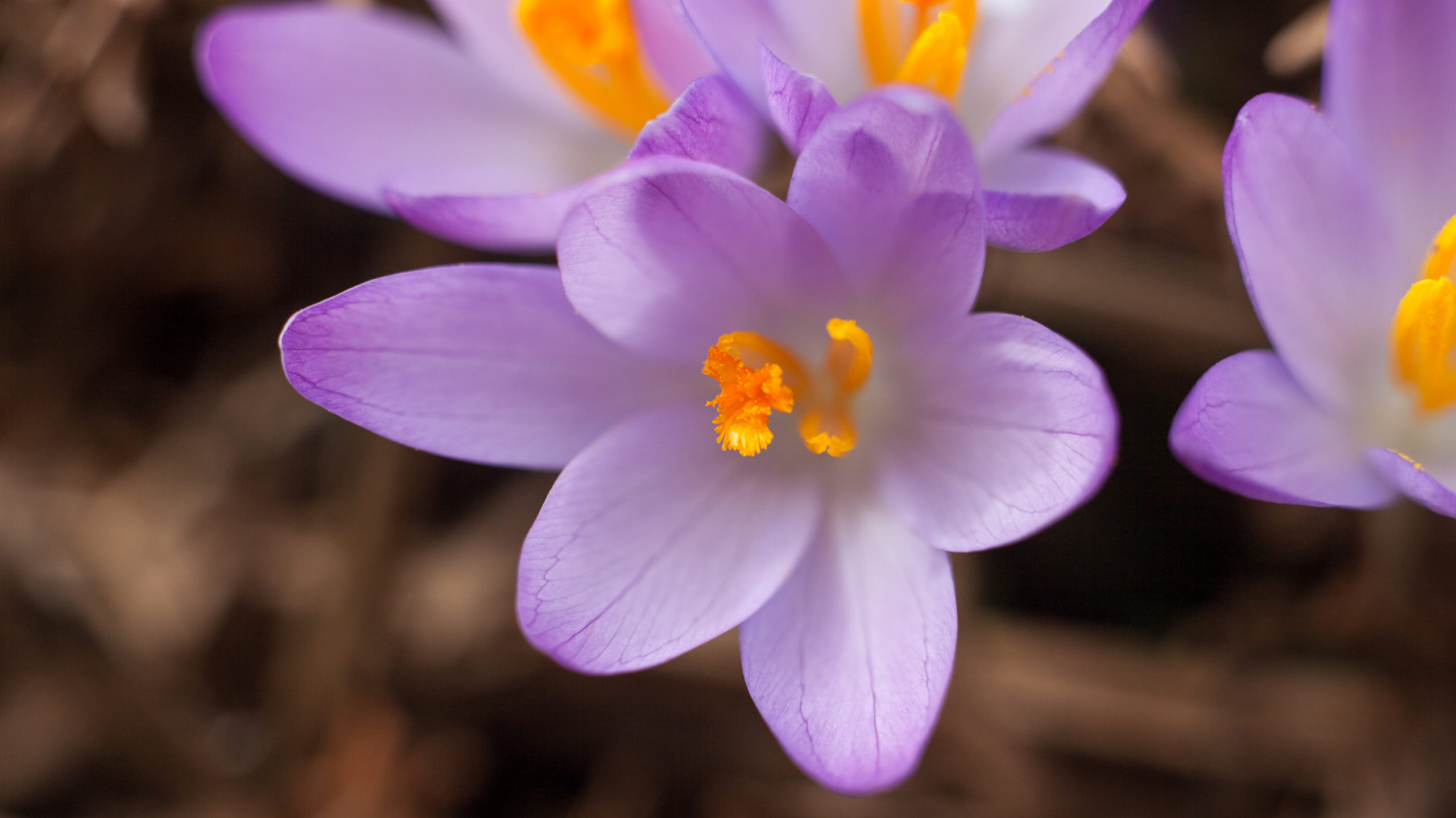
I constantly remember the foot-dust of Śrī Rādhikā, whose unlimited power instantly subdues even the Supreme Person (Śrī Kṛṣṇa), Who Himself cannot be easily seen even by the greatest devotees like Lord Brahmā, or Śiva, Śuadeva Muni, Nārarada Muni and Bhīṣma.
Prabodhānanda Sarasvatī, Rādhā Rasa Sudhānidhi
In Verse 4 of Rādhā Rasa Sudhānidhi, Prabodhānanda Sarasvatī sings praises of Rādhā in two ways. First, he glorifies the dust of her lotus feet. The power of this dust is so great, he says, that even Kṛṣṇa, God himself is under its power. Then, he notes that she is so glorious that other powerful devotees cannot even see her.
Dust that is powerful enough to subjugate Kṛṣṇa himself? Gods, demigods and mighty kings who cannot see what they wish to see? What can this mean?
The answer lies in the mystery of Rādhā’s power.
Prabodhānanda describes Rādhā’s power as unlimited, capable of instantly subduing Kṛṣṇa, where other great beings cannot even see him. Her power is greater than any ordinary material power.
Continue reading



